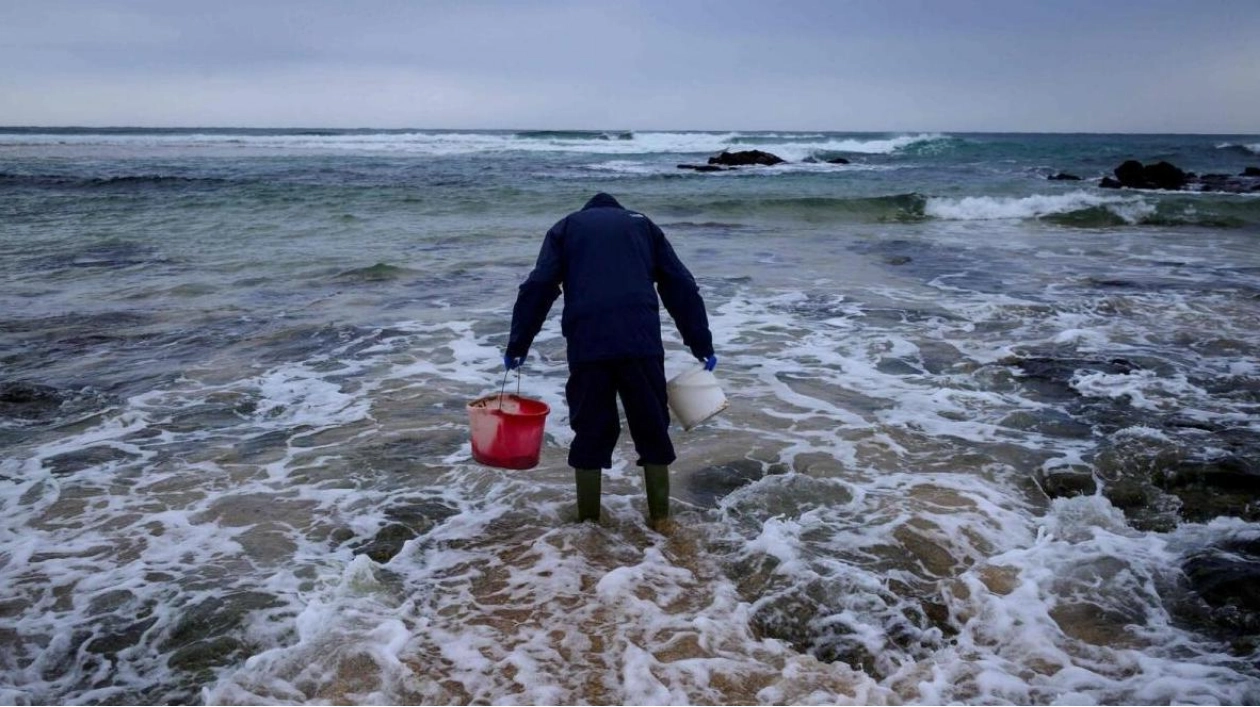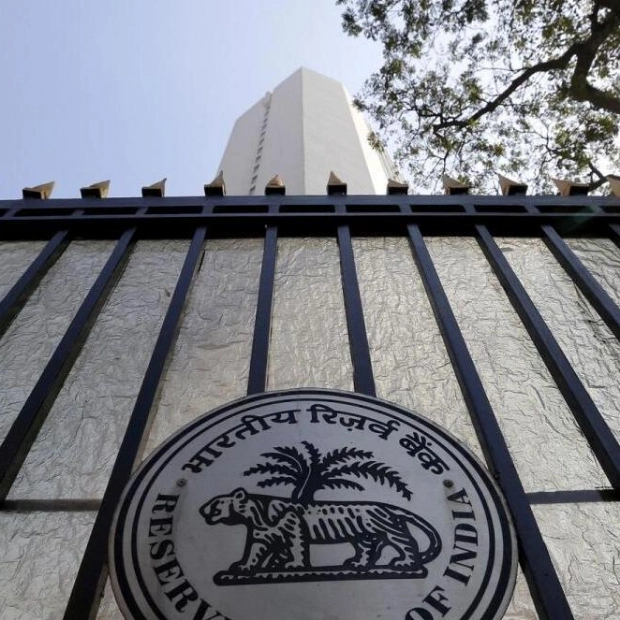NEUGLOBSOW, Germany, Aug 8 (Reuters) - Scientists in Germany have discovered fungi capable of consuming plastic, potentially offering a solution to the millions of tonnes of waste that pollute the world's oceans annually. However, they caution that this discovery is likely just a small step towards addressing the broader issue of plastic pollution and emphasize the continued need to minimize the use of food packaging and other debris that can take decades to decompose.
An investigation at Lake Stechlin in northeastern Germany revealed that certain microfungi can thrive on specific plastics without any other source of carbon. This finding indicates that some fungi are capable of breaking down synthetic polymers, according to the team leader.
"The most surprising aspect of our research is that these fungi can grow exclusively on certain synthetic polymers and even form biomass," explained Hans-Peter Grossart, the head of the research group at the Leibniz Institute of Freshwater Ecology and Inland Fisheries, in an interview with Reuters TV.
Grossart envisions potential applications for these plastic-eating fungi in sewage treatment plants or other controlled environments. However, he acknowledges that they are unlikely to significantly reduce the global deluge of plastic waste.
"We must strive to minimize the release of plastic into the environment," Grossart advised. "Plastic is derived from fossil carbon, and if fungi break it down, it's akin to burning oil or gas and releasing CO2 into the atmosphere."
Among the 18 fungal strains tested, four demonstrated particularly high efficiency in utilizing plastics, especially polyurethane, commonly used in construction foam. In contrast, polyethylene, found in plastic bags and packaging, degraded at a much slower rate, and microplastics from tyre abrasion proved the most challenging due to the presence of additives such as heavy metals.
Grossart posits that the fungi's ability to consume plastic is an adaptation to the high levels of plastic carbon in the environment. However, their enzyme activity is significantly influenced by external factors like temperature and micronutrients.
Data from Plastics Europe, a plastics producer association, indicates that 390 million tonnes of plastic were produced globally in 2021, a significant increase from the 1.7 million tonnes produced in 1950. Despite recent improvements in recycling rates, less than 10% of global plastic waste is currently recycled.






